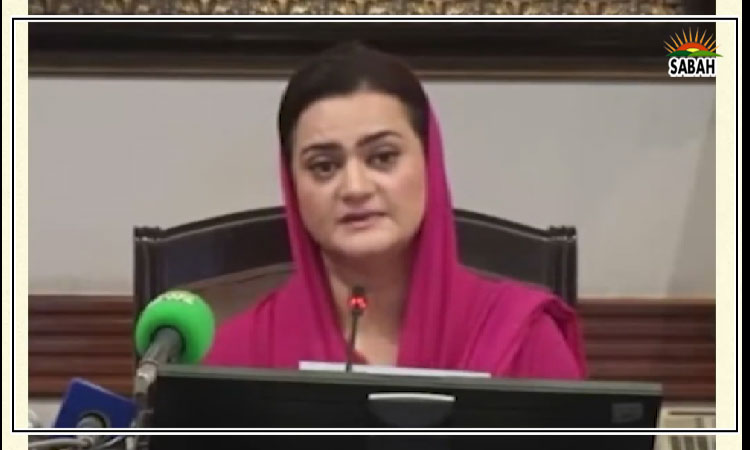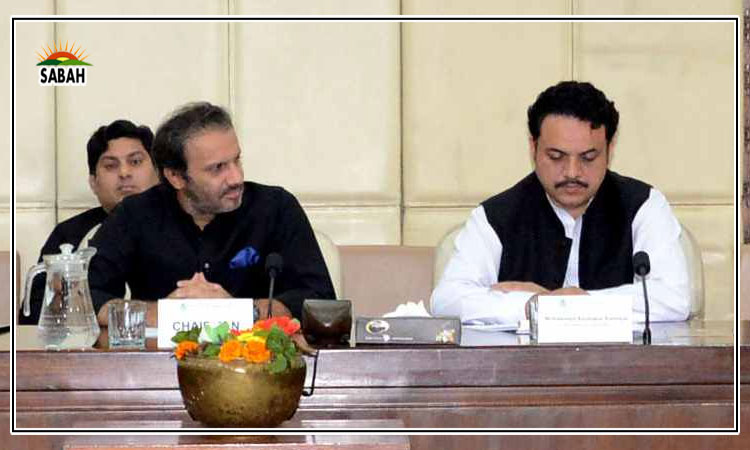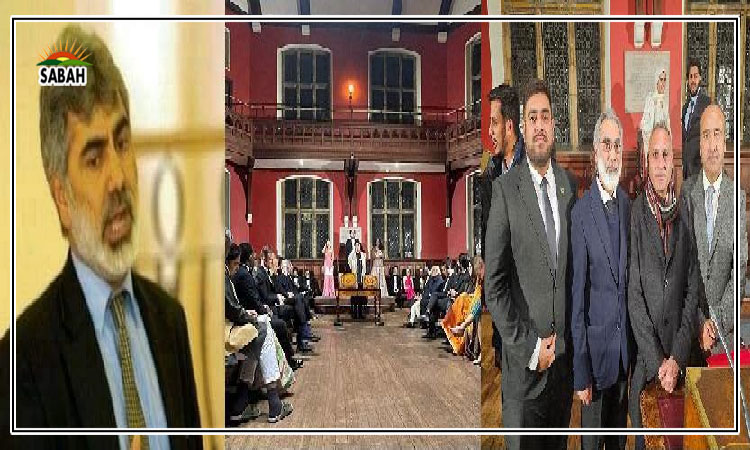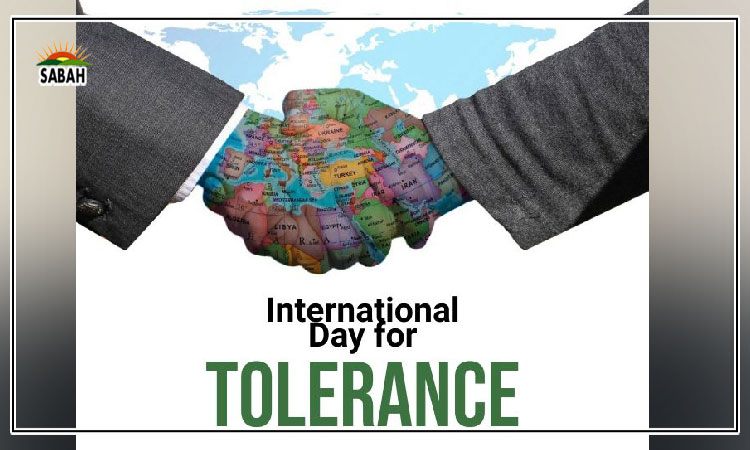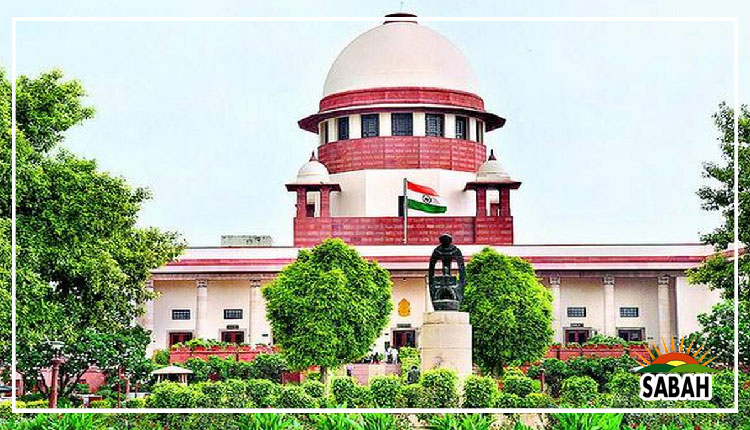Indian Supreme Court rejects the review petitions filed regarding Article 370
NEW DELHI, May 22 (SABAH): The Supreme Court of India dismissed the review petitions filed against the Constitution Bench’s decision to abrogate Article 370. A bench headed by Chief Justice of India DY Chandrachud has held that there is no clear error in the record of the judgment regarding Article 370. No case for revision arises under the Rules of Court, 2013. The revision petitions are dismissed.
The five-member bench also included Justices Sanjiv Khanna, BR Gwai, Surya Kant and AS Bopanna. It should be remembered that the Supreme Court of India had given a decision on December 11, 2024 after hearing the petitions against the cancellation of Article 370. The review petition said that the decision should not leave open the question whether Parliament can destroy the character of a state by converting a state into one or more Union Territories.
In a judgment delivered on December 11, a Constitution Bench headed by Chief Justice of India Chandrachud upheld the Union Territory status granted to Ladakh under Article 3(a) of the Constitution. However, it did not discuss the question of whether Parliament can abrogate the role of a state by converting it into one or more Union Territories.
The Supreme Court had said, in view of the plea of the Solicitor General that the state status of Jammu and Kashmir will be restored, we do not find it necessary to decide that the two union territories of the state of Jammu and Kashmir, Ladakh and Jammu and Kashmir as reorganization done or not because it is permitted under Article 3. Further, the Supreme Court held that the President has the power to declare or issue a notification that even after the dissolution of the Assembly of Jammu and Kashmir, Article 370 will cease to exist. He said that considering the historical context, Article 370 is a temporary provision. In its judgment, the Supreme Court had asked the Election Commission of India to take steps to hold the Jammu and Kashmir Assembly elections by September 30, 2024.




